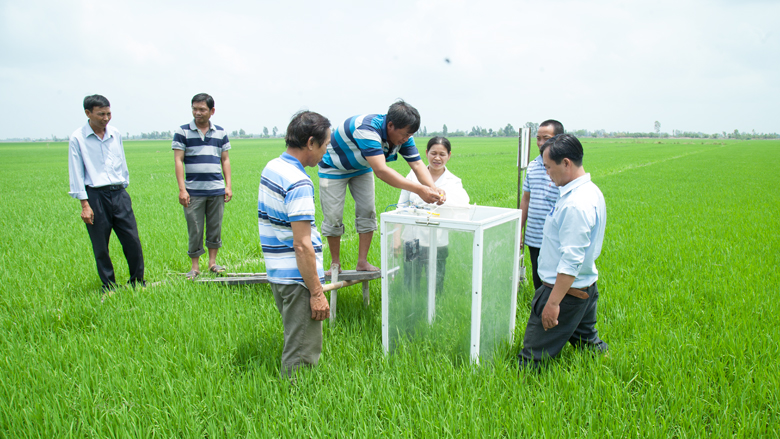Education has always been vital in learning and knowledge sharing – in any aspect affecting people’s daily lives. People value education for it allows them to respond wisely and adapt to necessary measures when it comes to unforeseen economic and social circumstances.
Research shows that educational attainment is a huge factor and an explicit determinant of agricultural output (Wouterse and Badian, 2019). With this, it is evident that households in rural areas allot huge percentage of their income and resources in attaining quality education. This is because proper education develops knowledge; thus, improving farmers’ product decisions, new technology adaptations, information access and comprehensibility, input judgement, and the likes. Furthermore, investing in quality education results to long term economic and agricultural growth.
The study was conducted from a primary dataset of 901 rice-farming households – selected randomly – from 10 provinces and city in the Mekong River Delta, Vietnam. It aims to prove positive role of quality education to agricultural development. The findings suggest that public and private sectors’ investment in quality education will benefit rural households and the public consumers as a whole by increasing rice output in the long run and promoting continuous economic growth.
Reference: Ninh, L.K. (2021), “Economic role of education in agriculture: evidence from rural Vietnam”, Journal of Economics and Development, Vol. 23 No. 1, pp. 47-58. https://doi.org/10.1108/JED-05-2020-0052
Photo: (c) World Bank
Article written by Vince Allen Fernandez, ComDev Asia intern

